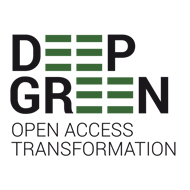
Journal Menu
► ▼ Journal Menu-
- IJMS Home
- Aims & Scope
- Editorial Board
- Reviewer Board
- Topical Advisory Panel
- Instructions for Authors
- Special Issues
- Topics
- Sections & Collections
- Article Processing Charge
- Indexing & Archiving
- Most Cited & Viewed
- Journal Statistics
- Journal History
- Journal Awards
- Society Collaborations
- Conferences
- Editorial Office
Journal Browser
► ▼ Journal Browser-
arrow_forward_ios
Forthcoming issue
arrow_forward_ios Current issue - Vol. 26 (2025)
- Vol. 25 (2024)
- Vol. 24 (2023)
- Vol. 23 (2022)
- Vol. 22 (2021)
- Vol. 21 (2020)
- Vol. 20 (2019)
- Vol. 19 (2018)
- Vol. 18 (2017)
- Vol. 17 (2016)
- Vol. 16 (2015)
- Vol. 15 (2014)
- Vol. 14 (2013)
- Vol. 13 (2012)
- Vol. 12 (2011)
- Vol. 11 (2010)
- Vol. 10 (2009)
- Vol. 9 (2008)
- Vol. 8 (2007)
- Vol. 7 (2006)
- Vol. 6 (2005)
- Vol. 5 (2004)
- Vol. 4 (2003)
- Vol. 3 (2002)
- Vol. 2 (2001)
- Vol. 1 (2000)
Need Help?
Announcements
2 October 2019
Winners of the 2019 MDPI Writing Prize
We are delighted to announce the winners of the 2019 MDPI Writing Prize. Entrants were asked to write on the theme "Judging research: How should research and researchers be evaluated and rewarded?" We received a large number of excellent essays from PhD students and postdocs, and the process of shortlisting and choosing winners was not an easy one. The winners demonstrated excellent writing skills alongside interesting and thought-provoking ideas.
As last year, we will begin the process of collating all entries into a book that will be available in open access format. Alongside promoting good writing skills, we see the prize as a way to promote the voices of early career researchers within broader debates and policy discussions.
Congratulations to all of the participants and especially the winners. The winners are:
1st Prize (500 CHF):
Albin Nilsson (National Centre for Nuclear Research, Warsaw, Poland)
[Read here]
2nd Prize (250 CHF):
Qi Zhang (Shandong University, Jinan, China)
[Read here]
Igor Ogashawara (Indiana University, Indianapolis, US)
[Read here]
3rd Prize (100 CHF):
Margaret Sivapragasam (Universiti Teknologi Petronas, Perak, Malaysia)
[Read here]
Arvind Sharma (The University of Queensland, Gatton, Australia)
[Read here]
Jose Flores-Guerrero (University Medical Center Groningen, Groningen, The Netherlands)
[Read here]
The MDPI Writing Prize is an annual award supported by MDPI Author Services, which provides services including language editing, reformatting, plagiarism checks, and image editing.
20 September 2019
MDPI Now Gives Scholars the Possibility to Endorse and Recommend Articles

MDPI is pleased to announce the release of a new functionality giving the possibility for researchers and scholars to endorse, and formally recommend articles to their colleagues.
MDPI was an early signatory of the San Francisco Declaration on Research Assessment (https://sfdora.org/read/) which calls for improvement in how quality and impact of scholarly research outputs are evaluated, especially in moving beyond journal-based citation metrics (journal Impact Factor, Scopus Citescore, etc.).
MDPI supports the establishment of article-level impact metrics, including citations, views, downloads, and Altmetric scores. These measures serve as an impact indicator for research articles on a case–by-case basis, assessing paper on its own merit. However, these metrics are also subjective and can give a biased picture of the article impact: they do not directly reflect the quality or the intrinsic scientific value of the article.
In our view, community engagement with publications based on community-driven metrics can help to overcome this limitation. We have therefore launched an option for scholars to endorse articles, indicating their own assessment of its content and making a recommendation to their community. This follows our implementation of the open source Hypothesis commenting tool, which has been available for all articles published by MDPI for over a year (https://www.mdpi.com/about/announcements/1397). Both endorsement and commenting are available for all previously published and forthcoming MDPI articles.
In addition to potentially serving as a sustainable solution to article assessment, endorsements will help scientific communities to identify the most relevant articles, independently of the journal in which it was published.
The code for the endorsing functionality, which relies on DOIs and ORCIDs, will be made available on GitHub with an open source license.
Dr. Shu-Kun Lin, President and Founder
Dr. Franck Vazquez, Chief Scientific Officer
Dr. Martyn Rittman, Publishing Director
12 September 2019
Meet Us at MicroTAS 2019 in Basel, Switzerland, 27–31 October 2019
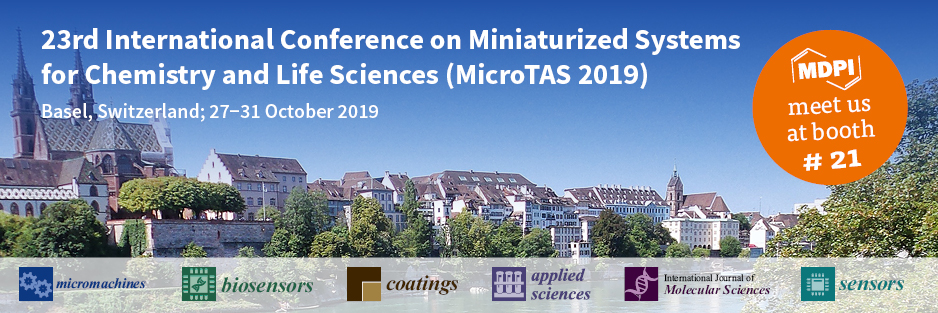
We will be attending the 23rd International Conference on Miniaturized Systems for Chemistry and Life Sciences (MicroTAS 2019), to be held at Congress Center Basel, in Basel, Switzerland, on 27–31 October 2019. MicroTAS 2019 represents the continuation of a series of conferences that are considered the premier forum for presenting the latest research in microfluidics, microfabrication, nanotechnology, integration, materials and surfaces, analysis and synthesis, and detection technologies for life science and chemistry. MicroTAS 2019 offers plenary talks as well as contributed oral presentations and posters from selected abstracts. The following open-access journals will be represented:
Micromachines
Biosensors
Coatings
Applied Sciences
IJMS
Sensors
If you are also attending this conference, please feel free to stop by our booth (booth #21). Our delegates look forward to meeting you in person to answer any questions you may have. For more information about the conference, please visit https://microtas2019.org.
11 September 2019
Meet Us at ASCB|EMBO 2019 in Washington DC, 7–11 December 2019
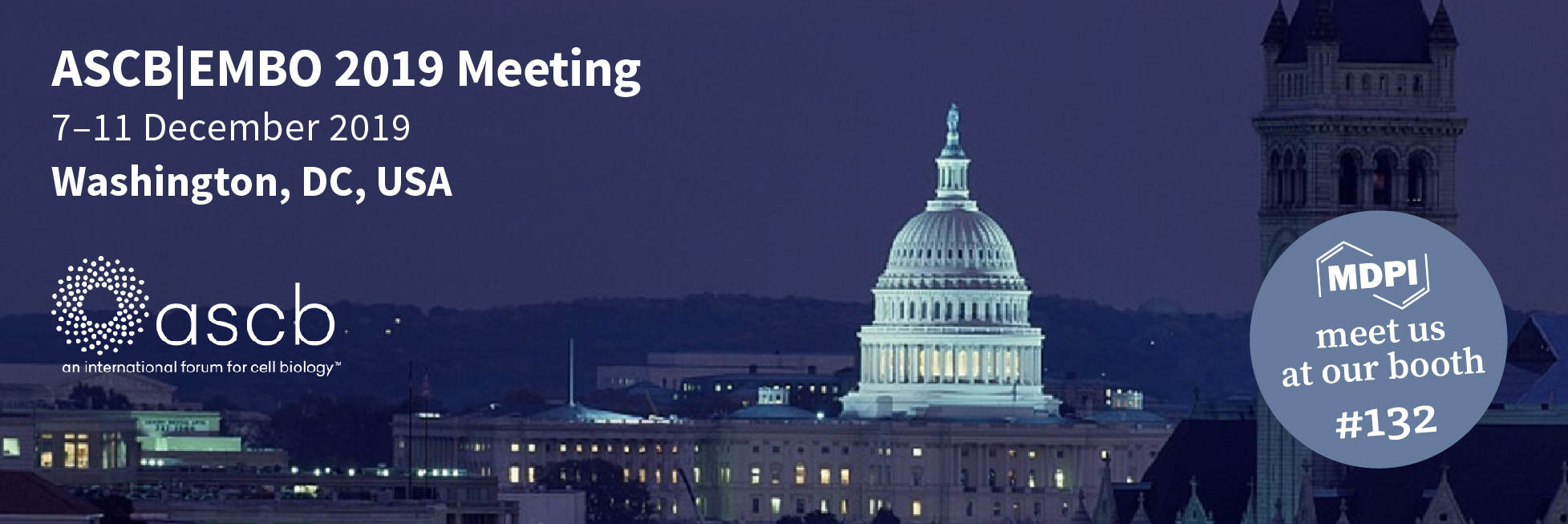
We are glad to inform you that MDPI will be attending the 2019 joint meeting of the American Society for Cell Biology (ASCB) and European Molecular Biology Organization (EMBO). The 2019 joint meeting of the American Society for Cell Biology (ASCB) and European Molecular Biology Organization (EMBO) will focus on cell biology as the fundamental basis of biology, and will offer sessions on emerging topics such as nontraditional model organisms, and the use of computational modeling and biophysics to "Build the Cell from the Ground Up".
Representatives of the following open-access journals will attend:
Biology
Biomolecules
Brain Sciences
Cancers
Cells
Genes
Healthcare
IJMS
Metabolites
Pathogens
Plants
Processes
Vaccines
If you are also attending this conference, please feel free to stop by our booth (Booth #132). Our delegates look forward to meeting you in person to answer any questions you may have.
11 September 2019
Create an Entry in Encyclopedia to Get a 100 CHF Voucher in Publishing in MDPI Journals
Encyclopedia is a free online reference created and curated by active scholars. It aims to highlight the latest research results as well as provide a comprehensive record of scientific development. If you have any suggestions or questions, please feel free to contact us via office@encyclopedia.pub.

11 September 2019
Society Collaborations Established in June and July 2019
In June and July 2019, four societies chose to establish a cooperation with MDPI journals.
As part of this collaboration, the members of these affiliated societies will enjoy a discount on the article processing charges (APC) when submitting articles to the corresponding journals. The collaboration goes beyond the discount benefit offered to members and includes other services as well as cross-promotions.
Further information about these societies:
Spanish Society of Pharmaceutics and Pharmaceutical Technology (SEFIG) is a national organization that includes pharmacists and other graduates devoted to pharmaceutical R&D and pharmaceutical education related to the pharmaceutical industry, university education, and research centers or health institutions.
Spanish Society for Cellular Biology (SEBC) was founded in 1984 and it is currently formed by over 350 members. It was initially established as a scientific association to coordinate research and formative activities in the field of Cell Biology.
Canadian Urban Transit Research & Innovation Consortium (CUTRIC) is an innovation consortium that seeks to make Canada a global leader in low carbon smart mobility technologies across heavy-duty and light-duty platforms, including advanced transit, transportation, and integrated mobility applications. It supports the commercialization of technologies through industry-led collaborative research, development, demonstration/delivery, and integration (RDD&I) projects that bring innovative design to Canada’s low-carbon smart mobility eco-system.
Clim4Vitis (Climate Change Impact Mitigation for European Viticulture) is a three-year Horizon 2020 project funded by the European Union Research and Innovation programme. Coordinated by UTAD (Portugal), with the support of PIK (Germany), UNIFI (Italy), LIST (Luxembourg) and SPI (Portugal), the project aims to encourage S&T capacity and performance in grapevine modelling with a vision to implement methods and tools for assessing climate change impacts on European viticulture. First edition of the project Newsletter can be found here.
6 September 2019
Meet us at the 11th Conference of The World Mycotoxin Forum® and the XVth IUPAC International Symposium on Mycotoxins in Belfast, Northern Ireland, 14-16 October 2019
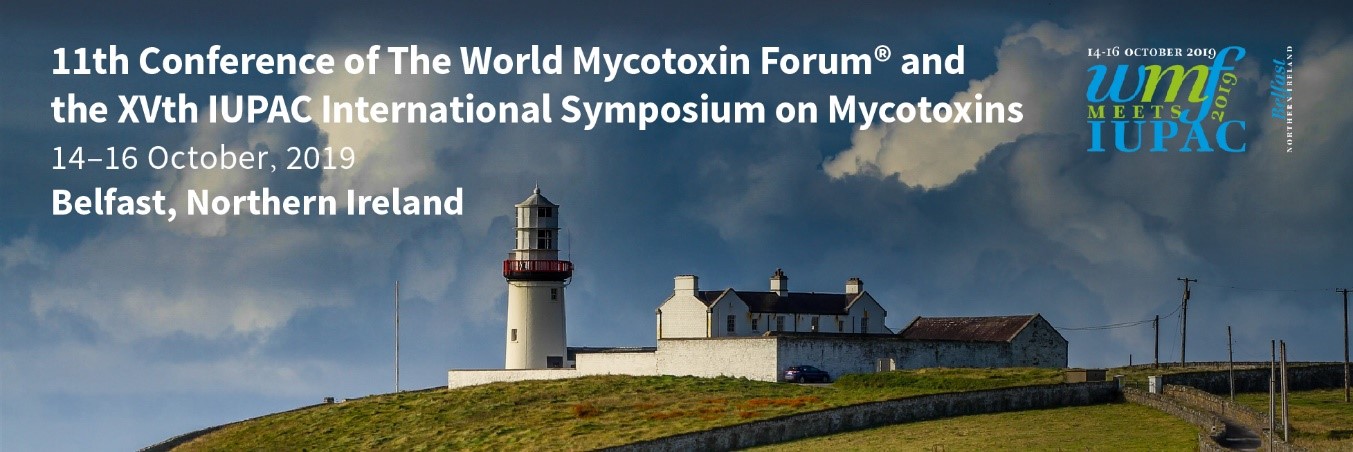
MDPI will be attending the 11th Conference of The World Mycotoxin Forum® and the XVth IUPAC International Symposium on Mycotoxins in Belfast, Northern Ireland, 14-16 October 2019.
The aim of WMFmeetsIUPAC – the world’s largest mycotoxin event – is to increase the awareness of human and animal health risks due to mycotoxin contamination. It offers a platform for the food and feed industry, science and regulatory authorities to exchange current knowledge, to promote harmonisation of food and feed safety regulations and control procedures, and to make recommendations for integrated strategies ensuring the safety and security of the food and feed supply chain.
The following MDPI journals will be represented:
If you are also attending this conference, please feel free to stop by our booth. Our delegates look forward to meeting you in person to answer any questions you may have. For more information about the conference, please visit: https://www.worldmycotoxinforum.org/welcome.php
20 August 2019
International Journal of Molecular Sciences Reaches 20,000 Article Milestone
The International Journal of Molecular Sciences (IJMS), MDPI’s open access journal providing an advanced forum for biochemistry, molecular and cell biology, molecular biophysics, molecular medicine, and all aspects of molecular research in chemistry, has published more than 20,000 articles and reviews since its inception in 2000. The International Journal of Molecular Sciences is now covered in the Science Citation Index Expanded (Web of Science), Scopus, and PubMed, with a 2018 Impact Factor of 4.183. The journal ranks 78/298 (Q2) in the category 'Biochemistry & Molecular Biology' and 46/172 (Q2) in 'Chemistry, Multidisciplinary' in the Journal Citation Reports.
Our sincere thanks go to the Editors-in-Chief of the International Journal of Molecular Sciences, and all the Editorial Board members, as well as to Guest Editors of Special Issues, who have ensured the continued success of the journal through their hard work and diligence.
6 August 2019
Preprints Reaches 10,000 Posted Articles Milestone
We are pleased to announce that Preprints has passed the milestone of 10,000 posted preprints. We are delighted to have reached this after just over three years of operation. Our congratulations and thanks go to our authors and advisory board who have supported growth of the platform and been crucial to its operation.
You can find further details at https://www.preprints.org/announcement/show/37.
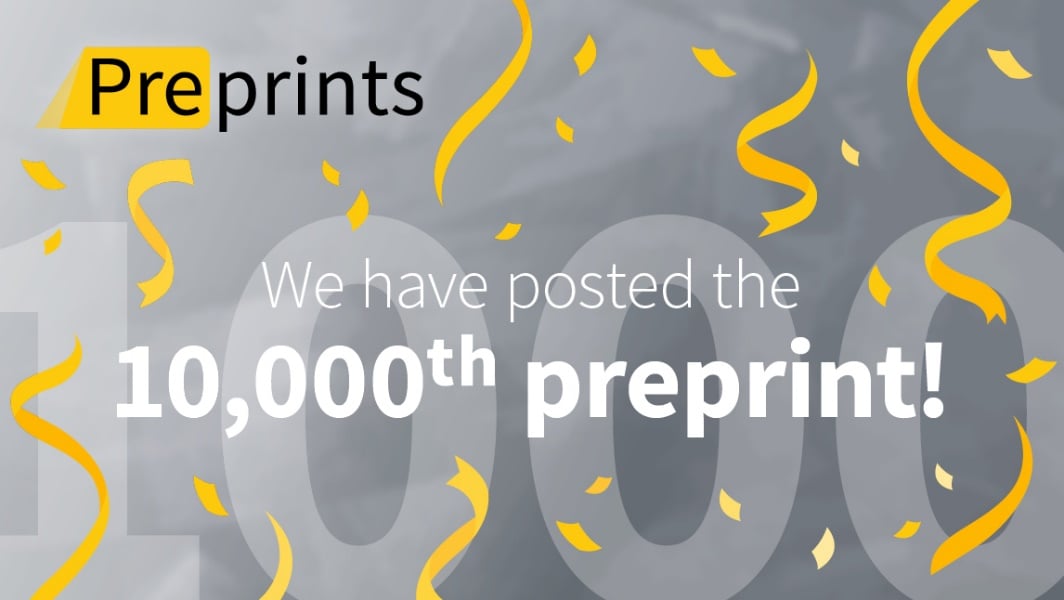
2 August 2019
DeepGreen Partnering with Publishers and Universities in Distributing Open Access Content to Institutional Repositories
Last week, the DeepGreen initiative in Germany started into an advanced test phase with the publishing partners S. Karger AG, SAGE Publishing, MDPI, Frontiers and De Gruyter, as well as 27 universities from all over Germany, from Hamburg University of Applied Sciences to University of Konstanz.
DeepGreen aims at lowering the barriers for open access publishing by automatically delivering metadata and full text publications from participating publishers to authorized repositories at German universities.
In preparation for a later live operation, the advanced test phase serves to gain experience with extensive data deliveries from publishers and also handling different repository software (including OPUS4, DSpace, EPrints, MyCoRe). DeepGreen thereby acts as a sophisticated platform, receiving articles published by authors affiliated with German universities and depositing these articles to respective university repositories, based on the affiliation metadata. For more information about DeepGreen: https://deepgreen.kobv.de
Karger AG has been a close cooperation partner of the DeepGreen consortium since 2016. S. Karger has more than 80 subscription-based and around 20 open access journals covering a wide spectrum in health science. DeepGreen will assign S. Karger articles to authorized institutions on the legal basis of German alliance and national licenses.
SAGE Publishing was founded by Sara Miller McCune in 1965 to support the dissemination of usable knowledge and educate a global community. SAGE publishes more than 1,000 journals and over 600 new books each year, spanning a wide range of subject areas. Our growing selection of library products includes archives, data, case studies and video. SAGE remains majority owned by our founder and after her lifetime will become owned by a charitable trust that secures the company’s continued independence. Principal offices are located in Los Angeles, London, New Delhi, Singapore, Washington DC and Melbourne. SAGE Publishing has been a close cooperation partner of DeepGreen since 2016.
MDPI is a scientific open access publisher and has been a partner of DeepGreen since 2017. MDPI comprises 205 peer-reviewed journals of various disciplines. All articles are published under a CC-BY license and are freely available without embargo period.
Frontiers is a scientific open access publisher with 61 journals of over 600 academic disciplines. All articles are peer-reviewed and published freely available under CC-BY license.
De Gruyter is an academic publisher with more than 700 subscription-based and open access journals of 29 disciplines. Articles provided by De Gruyter will be assigned to institutions with German alliance and national licenses.
There is promising communication with other publishers.
DeepGreen is funded by the German Research Foundation (DFG) and the consortium comprises six institutions: the Cooperative Library Network Berlin-Brandenburg, Bavarian State Library, Bavarian Library Network, University Library of the Technische Universität Berlin, University Library of Erlangen-Nuremberg and the Helmholtz Open Science Coordination Office at the GFZ German Research Centre for Geosciences.
If you would like to know in more detail which institutions take part in the advanced test phase of DeepGreen, you can find more information here.






